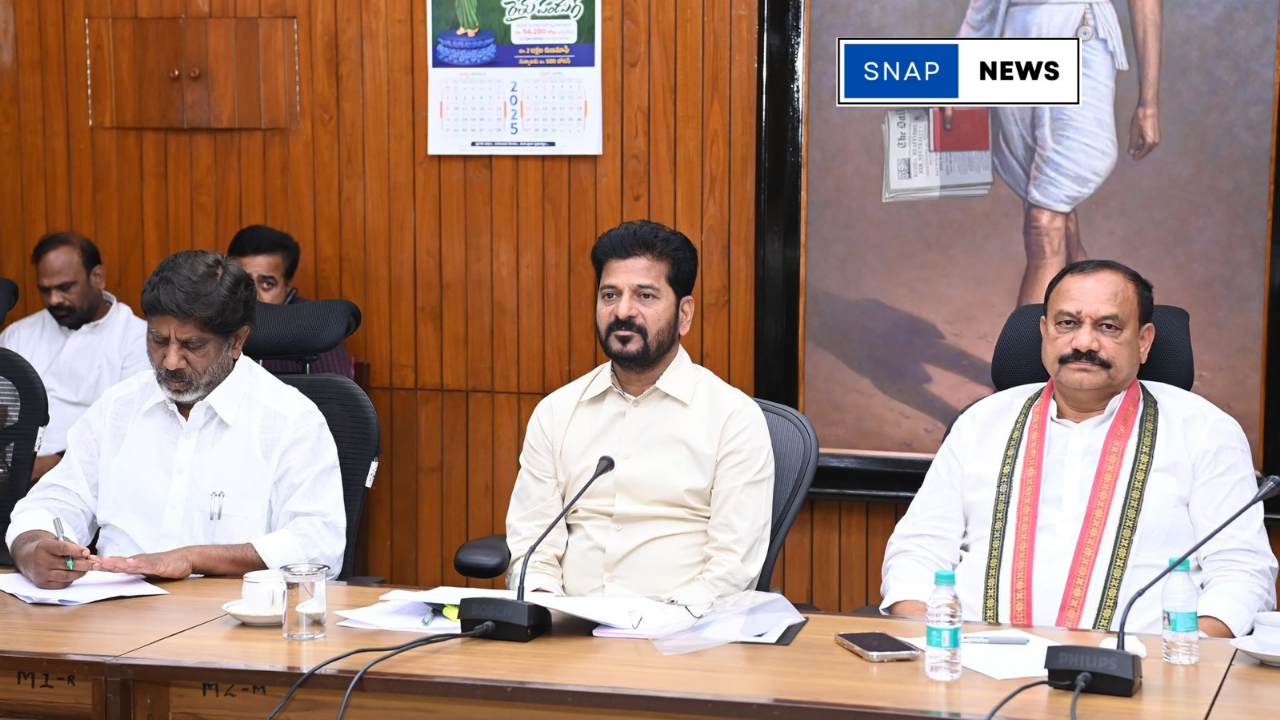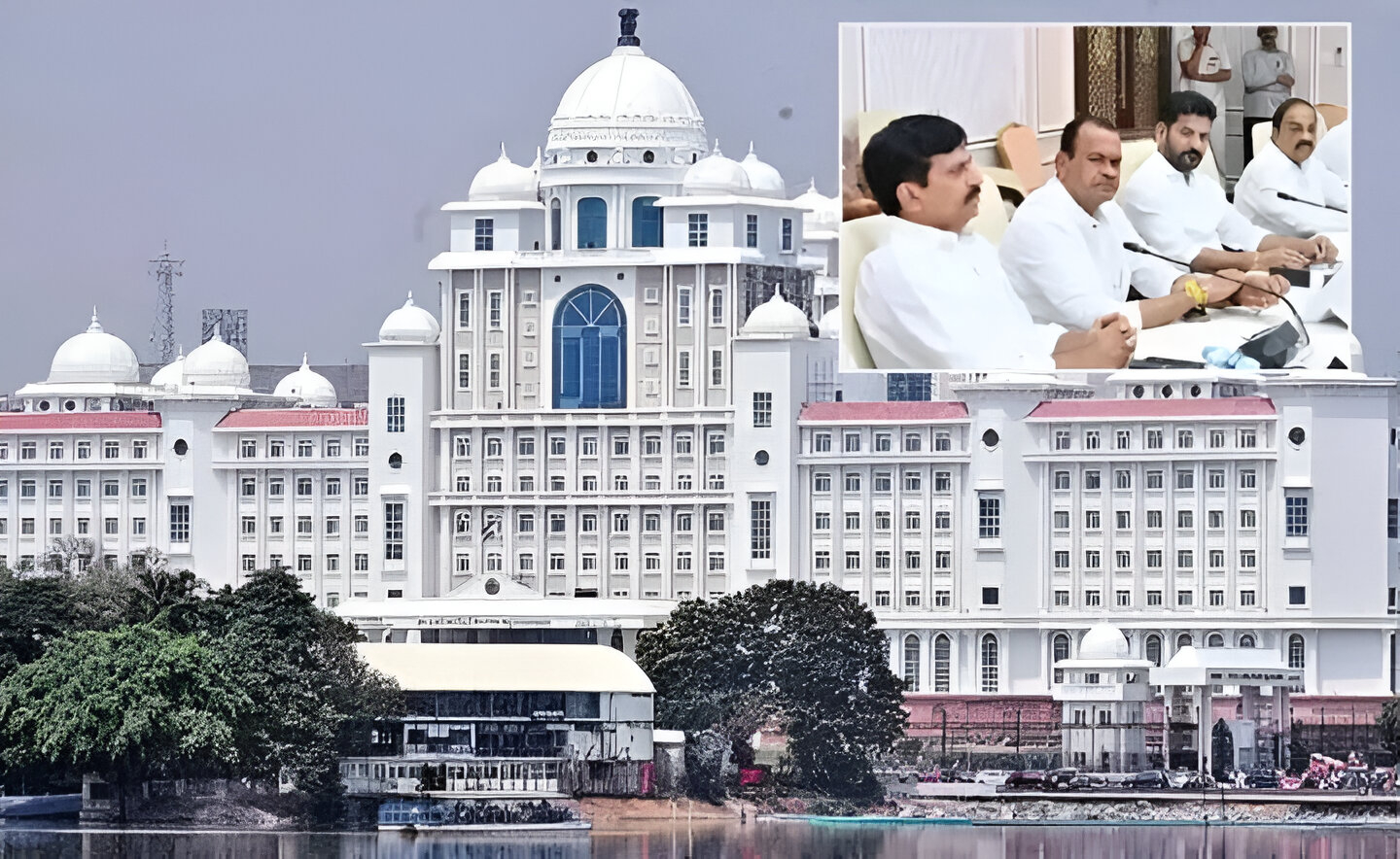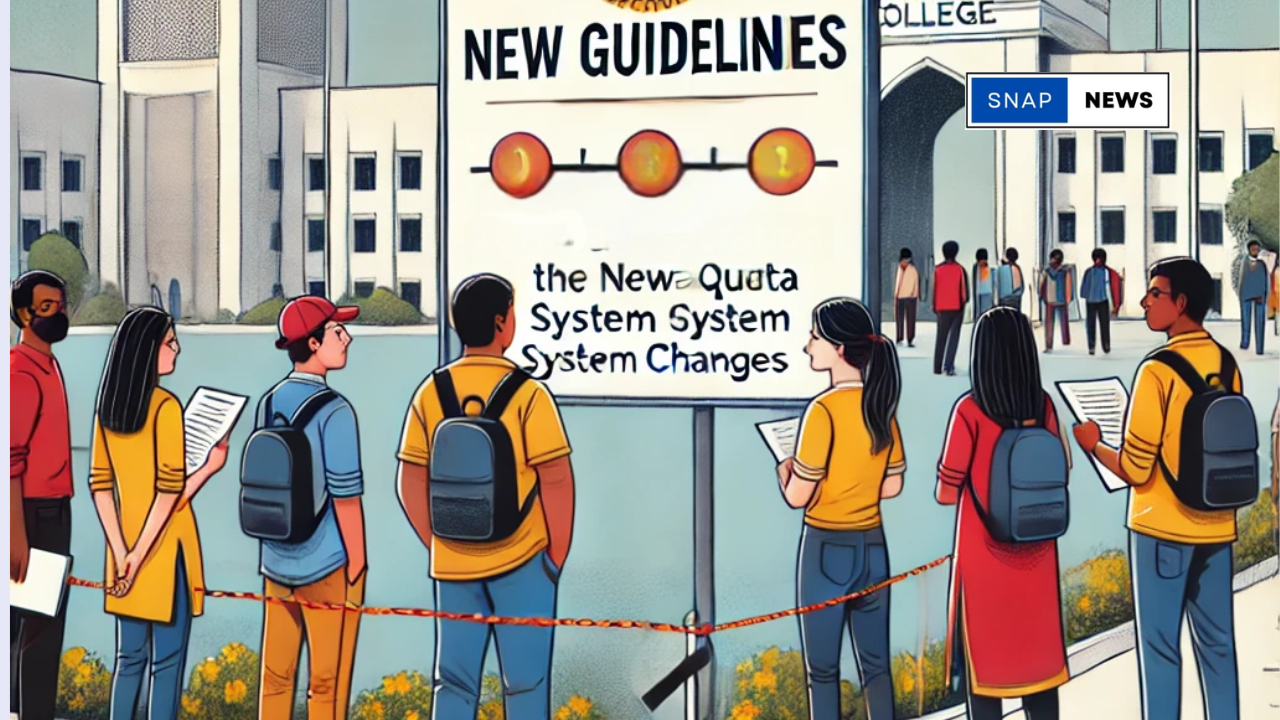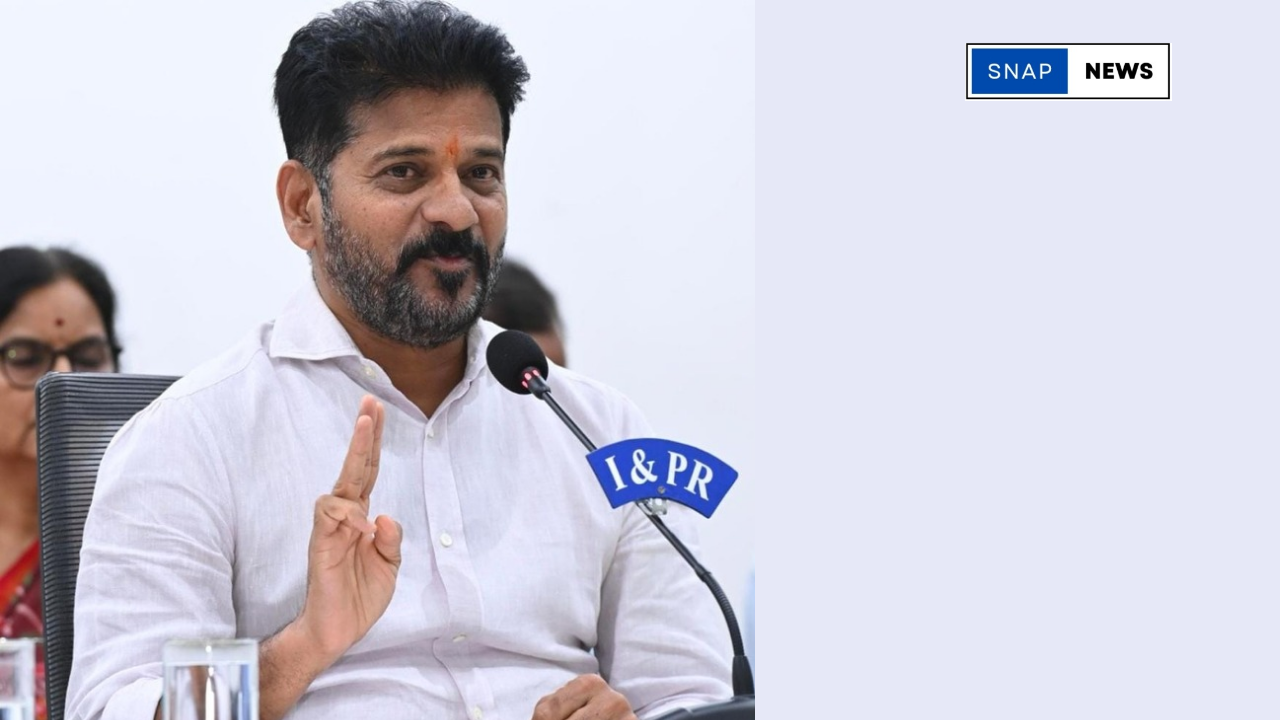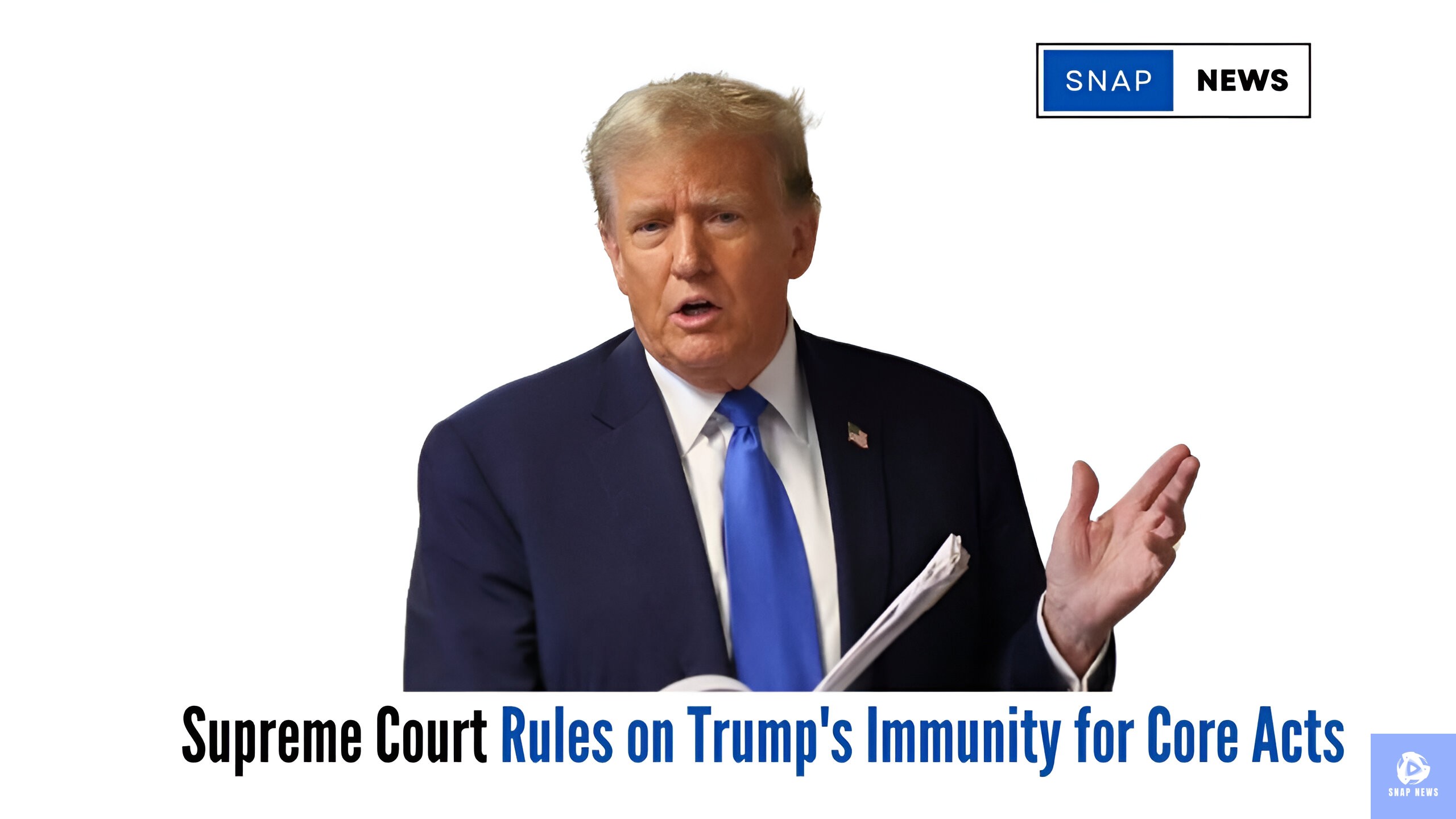Supreme Court Rules on Trump Immunity for Core Acts
The U.S. Supreme Court decided that former President Donald Trump has absolute immunity for his core constitutional powers under Trump immunity and a presumption of immunity for his official acts. However, he lacks immunity for unofficial acts. The court sent the case back to the trial judge to decide which of Trump’s actions were part of his official duties and are protected from prosecution.
Trump Immunity Case Sent Back to Trial Judge
This decision means the case against Trump won’t be tried before the election and may not be tried at all if he is reelected. If reelected, Trump could order the Justice Department to drop the charges or try to pardon himself in the two pending federal cases.
Chief Justice John Roberts wrote the decision, joined by the other conservative justices. The three liberal justices, Elena Kagan, Sonia Sotomayor, and Ketanji Brown Jackson, dissented. Roberts acknowledged the unprecedented nature of the case and criticized the lower courts for rushing their decisions without properly analyzing which of Trump’s actions were official and which were unofficial.
Roberts stated that some allegations, such as Trump’s discussions with the Acting Attorney General, are clearly official acts, making Trump absolutely immune from prosecution for those actions.
No Immediate Trump Trial on Election Interference Charges
Judge Tanya Chutkan, who is handling the case, will now have to decide which charges in the Trump indictment involve official acts and are protected from prosecution. This process will delay the trial for months. Even before this ruling, Judge Chutkan estimated trial preparations would take three months.
In her dissent, Justice Sonia Sotomayor argued that the decision effectively shields presidents from criminal liability, undermining the principle that no one is above the law. She criticized the majority for granting Trump broader immunity than necessary.
Trump could seek further delays by appealing immunity decisions, prolonging the case even more. The Supreme Court’s decision came months after they agreed to hear the case, with arguments scheduled two months later. Critics noted that the court could have reviewed the case earlier when Justice Department special counsel Jack Smith requested it.
This decision contrasts with the court’s quick handling of other presidential power cases, such as the 1974 ruling against President Richard Nixon and this year’s ruling that states could not bar Trump from the ballot.



